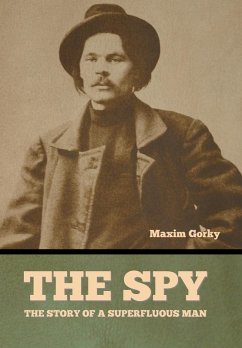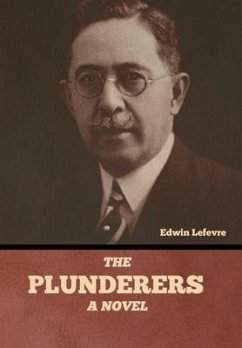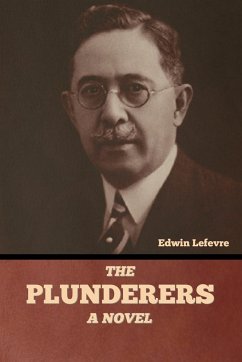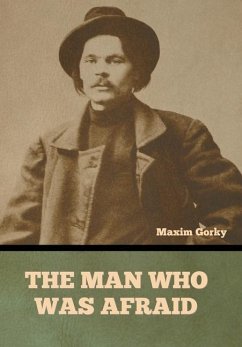
The Spy
Versandkostenfrei!
Versandfertig in 1-2 Wochen
19,99 €
inkl. MwSt.
Weitere Ausgaben:

PAYBACK Punkte
10 °P sammeln!
It is a 1908 novel by Maxim Gorky. It concerns the "plague of espionage" under the Empire; the protagonist is Yevsey Klimkov, who spies for the Tsarist regime. The orphan boy Yevsey Klimkov is apprenticed to the owner of a shop, who secretly sells prohibited revolutionary books and then informs on his customers to the police. The bookseller is murdered, and the bereft, frail, and weak Klimkov is coerced by the Tsarist police to be a spy and informer.













